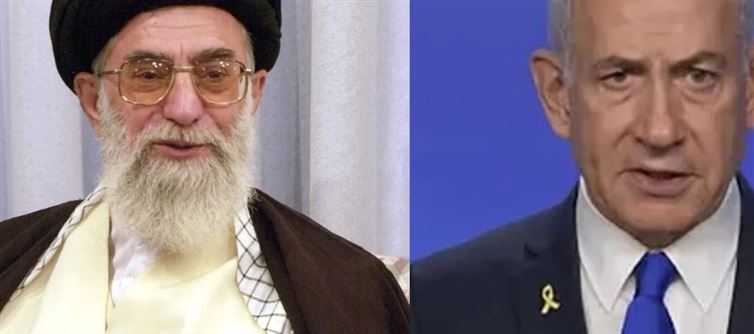
However, the exact reverse took place. Some gulf nations reacted strongly to Israel's june 13 killings of several top Iranian military leaders and nuclear scientists. They interpreted it as an indication of Iran's waning influence in the region. However, everything eventually returned to normal, and nearly every nation began to watch the spectacle in silence. The question that emerges in this scenario is: Who among these nations wanted israel and iran to win?
Why do gulf nations have doubts about Iran?
Since 1979, when Iran's former supreme leader, Ayatollah Ruhollah Khomeini, swore to carry the revolution that brought him to power to other countries, relations between the gulf states and iran have been difficult, according to Asia Times.
This was interpreted by Iran's neighbors as an attempt to pull a coup at home. The ideological and theological divide between iran and other gulf nations was exacerbated by a number of these minor incidents. As a result, iran came to be seen by gulf nations as a significant Middle Eastern destabilizer. However, their animosity for iran has recently given way to unease as the US and israel are obliquely trying to overthrow the Iranian administration.
Iran moves the gulf countries closer to war.
The confrontation is moving closer to the gulf nations as a result of Iran's retaliation attacks on US military installations in qatar and Iraq. Many gulf nations were forced to seal their airspace as a result of these strikes. Qatar, on the other hand, has issued a warning regarding its right to a direct response that is commensurate with the scope and character of Iran's strike. What effect the assaults will have on gulf countries' involvement in the conflict is still unknown.




 click and follow Indiaherald WhatsApp channel
click and follow Indiaherald WhatsApp channel